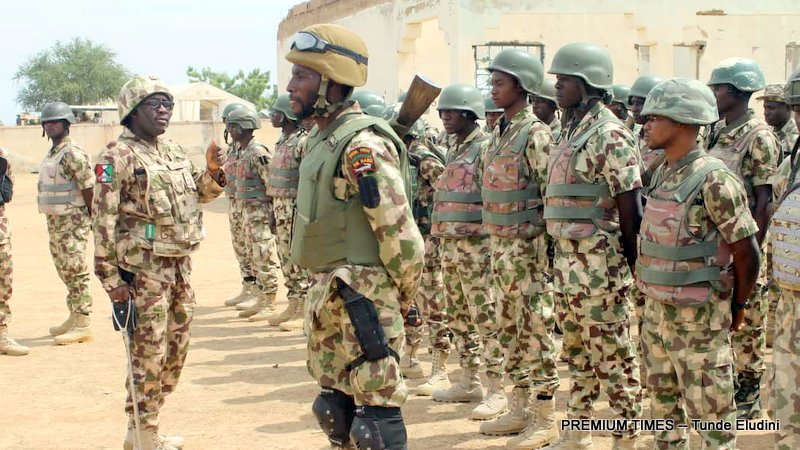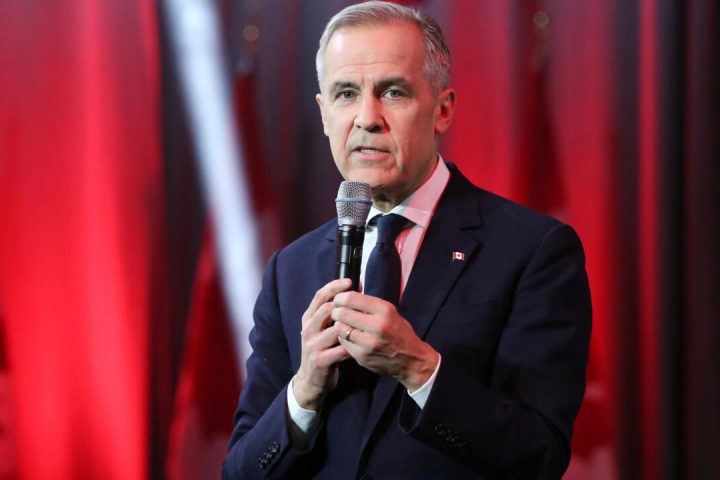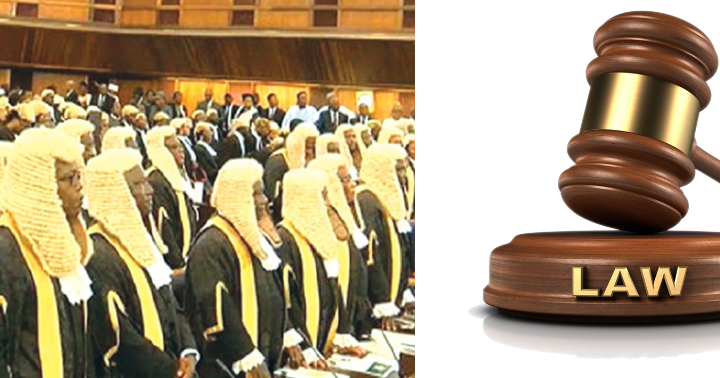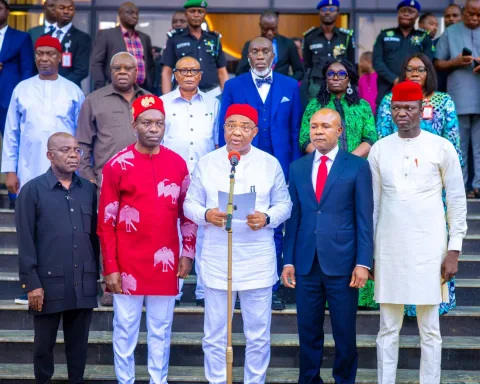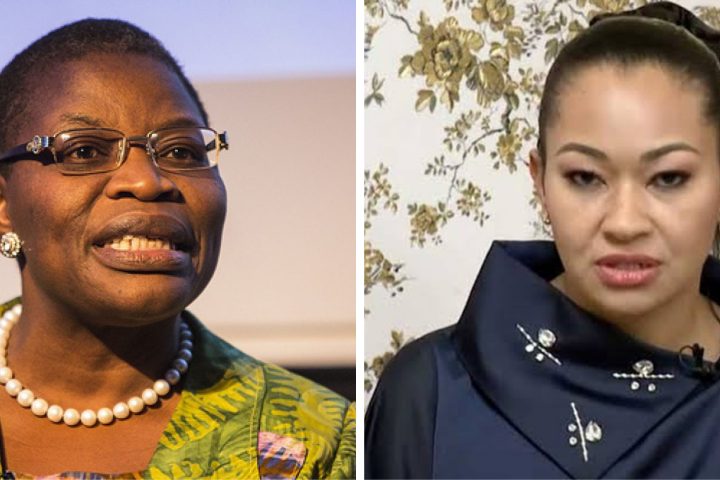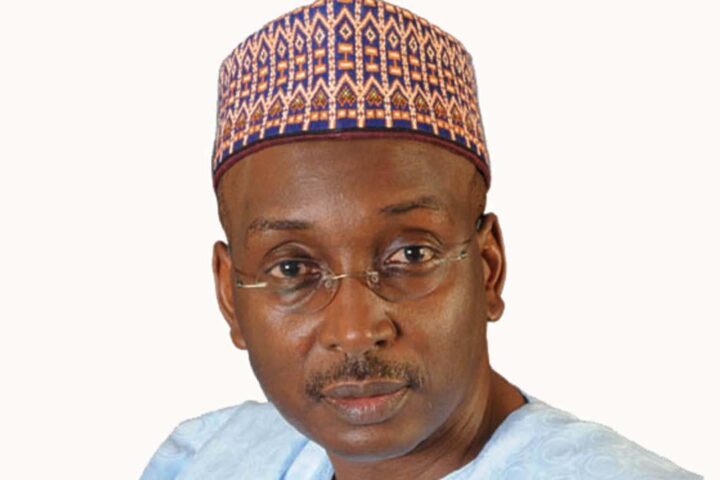On the occasion of this year’s Armed Forces Remembrances Day (January 15), I send my heartfelt commendation and congratulations to the Chief of Defence Staff; officers and troops of our military for their sacrifices and service to the nation.
I also salute the Inspector General of Police and all our police officers, together with the other security agencies and paramilitary forces for their good works, dedication and commitment to service. Our military and security forces are not without blemish (nobody is, actually), but on this occasion, I choose to focus on their successes and unflinching sacrifice in defending our fatherland. They’ve fought gallantly against terrorists, bandits, unknown gunmen and other criminals in the last 15 years or so, and from all indications, these attackers, by whatever name they are known, have been largely subdued. Not long ago, terrorists were detonating bombs routinely in Abuja and its environs, and bombings and suicide attacks were a regular feature of daily life in Northern Nigeria. But over the last few years, our forces have fought hard to degrade these evil people and thwart a complete disintegration of the country. I therefore pay my tribute to the current and past commanders of the war theatres and the men and women who sleep in the trenches in the bush to keep Nigeria safe.
Join our WhatsApp ChannelREAD ALSO: 15th January 1966: A Day Of Great Significance, Reminiscence
Our armed forces have faced many challenges since organized violence broke out in 2009, first as insurgencies and religious extremism before morphing into full blown terrorism. We overcame the embargo placed on sale of arms to Nigeria by the Obama administration when Dr. Goodluck Jonathan was the commander-in-chief. The armed forces also had to deal with several cases of internal sabotage and collusion with the enemy. The reluctance or unwillingness of people in the affected communities to provide intelligence to the authorities is a particularly difficult situation to deal with. Many in these communities have been radicalized to serve as suicide bombers and agents for the terrorists. In places like Kaduna, insecurity was also exacerbated by the provocative and insensitive actions of politicians like former governor Nasir el Rufai; while in places like Zamfara State, corrupt acts of previous political leaders led to escalation of violence. There were also cases of low morale amongst the rank and file and diversion and mismanagement of resources by those in charge. It is commendable that the military has emerged stronger from these crises.
In a recent interview with Al Jazeera Cable TV, the Chief of Defence Staff, Lt. Gen. Christopher Musa highlighted the need to trace financial flows and support that has sustained Boko Haram terrorists for 15 years now despite the military’s best efforts in degrading them. “Each time we capture these terrorists, or each time they surrender, we find huge sums of dollars on them. How do they come by these dollars? How funds them?’’, Gen. Musa asked repeatedly, citing the group’s use of drones for surveillance as its new tactics. The CDS hinted at the involvement of international conspiracy in providing funding, training and equipment to the terrorists and bemoaned difficulties the country faces in obtaining necessary military equipment due to international constraints.
I commend Gen. Musa for speaking out, but I note that it is Nigeria’s responsibility to work with the international community to track these illicit flows of funds and tackle them. However, the authorities should look in-country for the sources of funding for the terrorists. I strongly suspect oil theft and ransom payments as the possible sources of funding for the terrorists. Billions of dollars worth of crude oil is stolen every year from the Niger Delta and over N3 trillion is paid in ransoms to kidnappers every year, according to official statistics from the Nigerian Bureau of Statistics. These are the major sources of funding for Boko Haram. Gen. Musa should not look far when the problems (and perhaps the solution) are within sight!
READ ALSO: Police Arrest 4‘Boko Haram Suspects’ Over Attempt To Attack Atiku’s House
Overall, our men and women in uniform have fought with bravery; strength; patriotism and dignity in the face of unmitigated difficulties. Just last week, the Defence Headquarters reported that ISWAP terrorist had killed six soldiers during a raid on its military base in Borno State; and in the fight that ensued, 34 terrorists were killed. Our soldiers are currently dealing with a new group of terrorists in the North West known as “Lukarawa’’. I salute their sacrifices and I send my love and gratitude to the military families for their untold losses.
But the job is not yet done. To further enhance our collective fight against terrorism and other crimes, I support the establishment of state police in the country. I am aware of the reservations many people have against state police because of the potential for its abuse by governors, but I think that with adequate legislations and safeguards, we can mitigate against the abuses. The benefits of state police are legion and far outweigh the demerits. It will certainly improve efficiency of the overall policing efforts in the country.
ETIM is a journalist and author
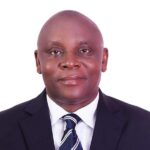
Etim Etim
ETIM ETIM is a journalist, banker and author. He has been a member of the Editorial Board of The Guardian, a Regional Manager in Access Bank and is currently a Columnist in Prime Business Africa, The Cable and Businessday newspapers.
He is also the Chief Executive of Stein Meyer Communications, a major media consultancy and the author of the best-selling book, "Akwa Ibom Heroes: Inside Story of the Fight for Abrogation of Onshore-Offshore Oil Dichotomy" and co-author of another book, "Osinbajo Strides: Defining Moments of an Innovative Leader".

